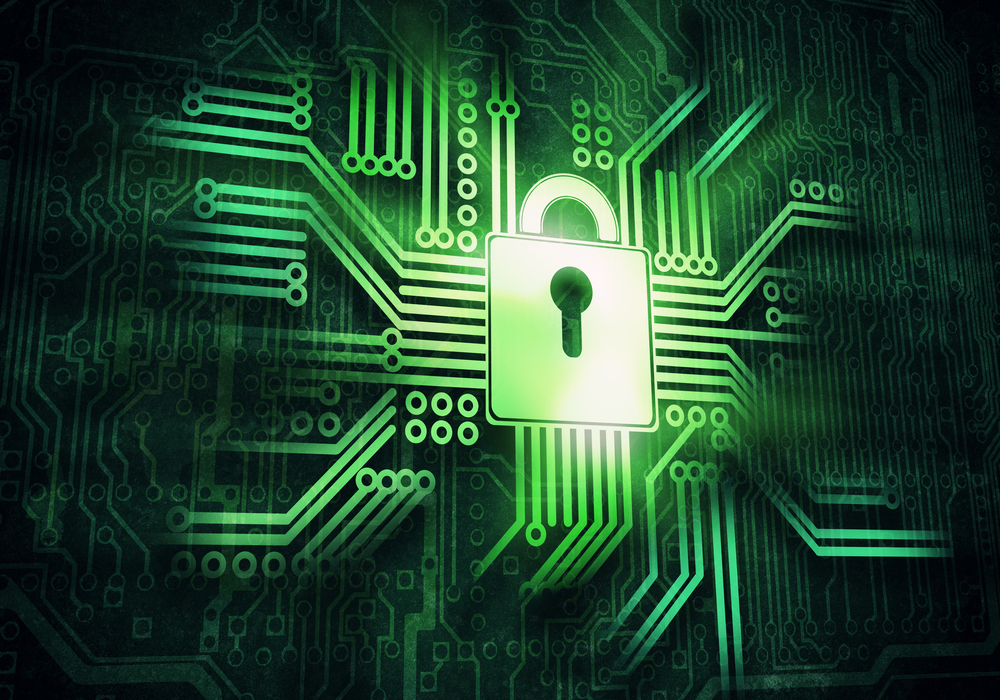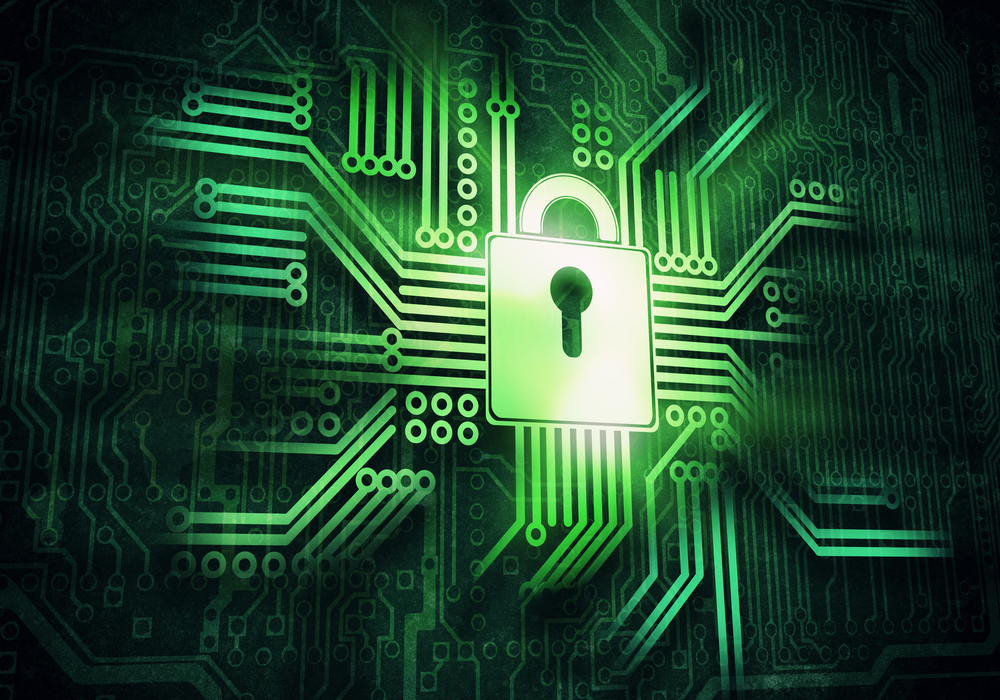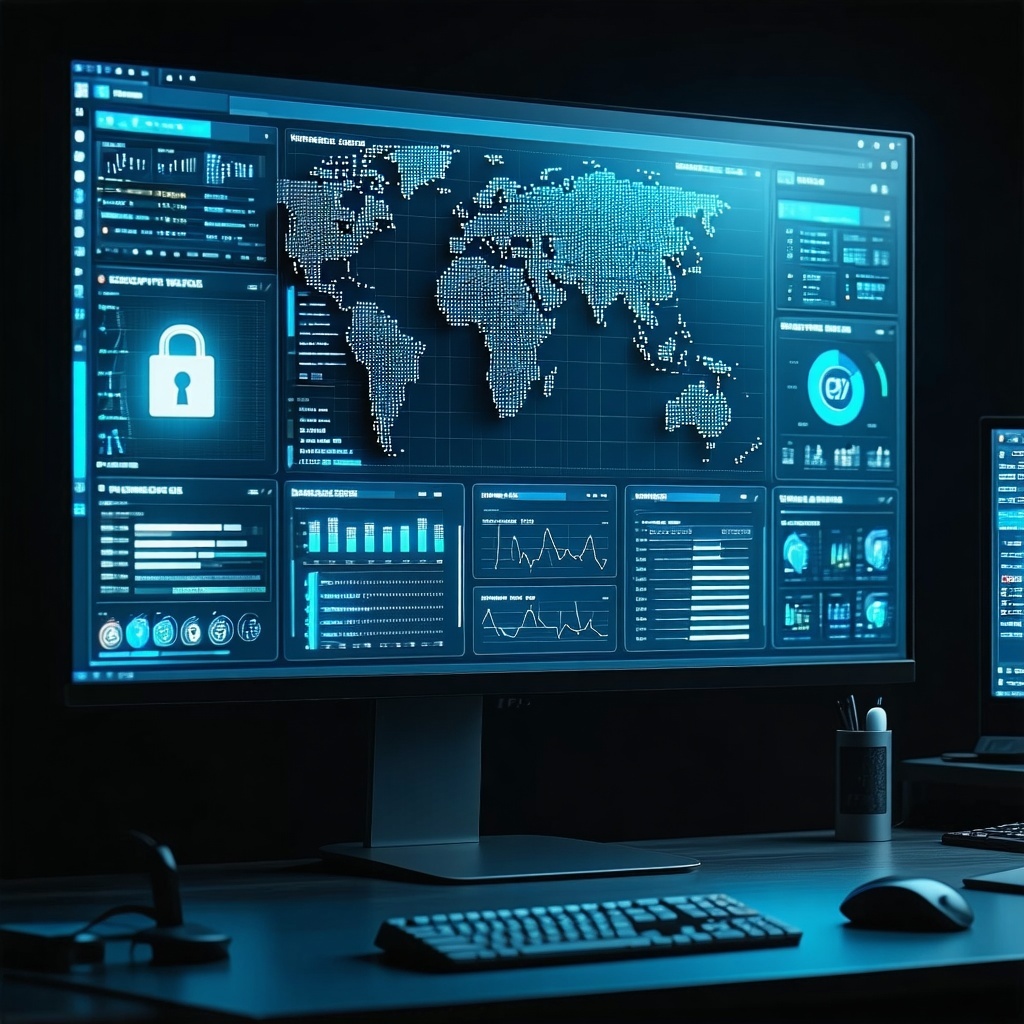Cybersecurity and ERP Systems: A Comprehensive Guide
In today’s digital-first world, enterprise resource planning (ERP) systems have not only become the backbone of countless businesses, but these...
2 min read
KPC_Admin : Updated on February 7, 2024

In today's digital age, businesses heavily rely on Enterprise Resource Planning (ERP) systems to streamline operations, manage resources, and enhance decision-making processes. While ERPs bring tremendous efficiency and convenience, they also present significant security challenges, with ransomware being one of the most pressing threats.
This blog delves into the importance of ERP security and offers valuable insights into protecting your business from ransomware attacks.
Enterprise Resource Planning systems consolidate vast amounts of sensitive data, including financial information, customer details, employee records, and intellectual property. A successful breach of this data can lead to financial loss, reputation damage, legal ramifications, and operational disruption.
Ransomware attacks have evolved into one of the most lucrative methods for cybercriminals to extort money from businesses. According to the US Secret Service “Worldwide monetary loss to cybercrime is measured in the hundreds of billions.” These attacks involve encrypting a victim's data and demanding a ransom payment to provide the decryption key. ERPs are lucrative targets due to their centralized and critical nature, making them a potential goldmine for cybercriminals.
Protecting your business's ERP system from ransomware attacks is not just a technological challenge—it's a critical aspect of safeguarding your company's reputation, financial stability, and operational continuity. By implementing a combination of best practices, such as regular backups, employee training, network segmentation, and robust security measures, you can significantly reduce the risk of falling victim to ransomware attacks.
Stay proactive, stay informed, and invest in the security of your ERP system to ensure the longevity and success of your business. If you are not sure where to start to protect your ERP system, contact KnowledgePath today. Our dedicated team, comprised of prior military and CISO leaders specializing in cyber security services, is here to help.

In today’s digital-first world, enterprise resource planning (ERP) systems have not only become the backbone of countless businesses, but these...

1 min read
What’s the cost of one misconfigured integration token? For many companies, it’s millions. In 2024, the average data breach cost hit $4.88 million,...